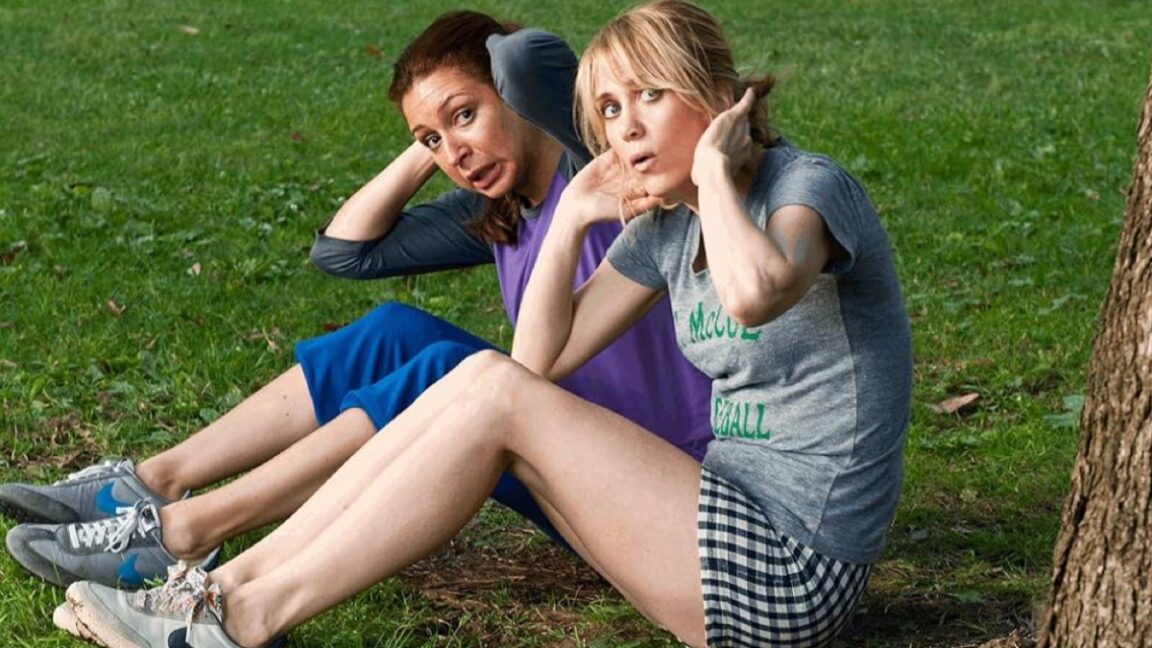
For his study, Gabby et al. Organized an on-campus “speed-friending” event for 40 female volunteers, which included four different stages. First, the participants took their headshots. Subsequently, they saw the pictures of all the other women participating and evaluated the ability of friendship based on only visual signals. The women then wore a T-shirt for 12 hours as they went about their daily activities, which were then collected and placed in plastic bags. Finally, the participants evaluated the ability of unknown participants only on the basis of smelling each T-shirt, followed by a live session that they interacted with each woman for four minutes and evaluated their friendship ability. After this, there was a second round of smelling the T-shirt and the rating of the ability of friendship once again.
Results: There was a strong relationship between the in-tradition assessment of the ability of friendship and which were completely with a remarkable stability on the basis of smelling the T-shirt. And the ratings after live interactions suggested a learned response element, accurately predicted in assessment made in the final round of smell-based test.
“Everyone showed what he likes,” said Vivian Zayas, co-writer of Cornell University, said. “And the continuity was not that in the group, a person really smells bad smell and a person really smells well. No, it was foolish. It was foolish. I could like the person more than A based on the smell, and this pattern predicts that I am preferring a lot in chat.
The authors admitted that their study was limited to college-world heterosexual women and how to have a difference in olfactory and other signs in other groups: older or small women, non-American women, men, and further. “Future studies can consider a broad age limit, examine individuals in different stages of development, focus on how these signs work in male-men and men plateonic interactions, or check how the fragrance in daily conversation shapes the decisions of friendship in other cultures,” he wrote.
Scientific Report, 2025. Doi: 10.1038/s41598-025-94350-1 (about Dois).
